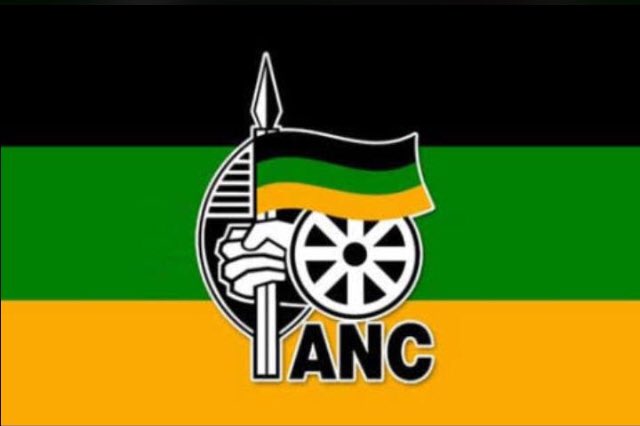Johannesburg – Once the flagbearer of freedom in Africa, South Africa’s ANC convenes for its five-year conference on Friday with a stained record and growing questions about its democratic culture and ability to deliver on promises.
The African National Congress came to power almost 30 years ago, having won the decades-long fight against the apartheid regime.
It positioned South Africa as a beacon of democracy and tolerance, pledging free homes and education, and establishing a Truth and Reconciliation Commission which exposed the horrors of apartheid in grim detail.
But much of the goodwill has been lost to corruption and weak governance.
President Cyril Ramaphosa is tipped to secure a second term at the helm of the party once led by Nelson Mandela but scandal, infighting and a lacklustre economy have dented its popularity.
Unemployment and crime rates are sky high, poverty and inequality remain widespread, and power cuts reached record levels this year as a long running energy crisis worsened.
ALSO READ | Phala Phala saga: What now for ANC MPs who voted for a report seeking to impeach Cyril Ramaphosa?
“The ANC is struggling to govern a modern society,” said political analyst Ralph Mathekga.
Some blame the inner workings of the ANC, which critics say has been unable to effectively transform into the ruling party of a democratic state, much like other freedom movements across the continent.
“The problem is the ANC wants to govern with the attitude of a liberation movement,” said Mathekga, the author of a book titled “The ANC’s Last Decade”.
The party tends to shun external scrutiny and accountability, he said.
The ANC last exposed itself to such criticism this week, as it quashed opposition-led attempts to have parliament further scrutinise a scandal engulfing Ramaphosa, shutting down a process that could have led to his impeachment.
‘Voting cattle’
Lawmakers rejected the findings of an independent panel which said the president may have broken the law over allegations he concealed a huge cash theft at his farm.
The opposition had pushed for a secret ballot, hoping to exploit deep divisions within the ANC – but to no avail.
Only a handful MPs voted against party lines – and are now facing disciplinary action.
The vote meant that, as had happened with former presidents Thabo Mbeki and Jacob Zuma, the party “privatised” the decision to unseat the president, said analyst Sandile Swana.
“Chances are Ramaphosa will be removed eventually from power but only by the ANC at a time of their choosing and for their own reasons,” he said.
Treatment of the rebels who now face sanctions also highlighted what Swana described as a “Stalinist” attitude within the party.
“They have betrayed the party,” ANC chief whip Pemmy Majodina said of the dissenters, with other cadres describing the against vote as “an application for expulsion” from the party.
ALSO READ | SA opposition vow to pursue Cyril Ramaphosa over scandal
Swana said the “centralisation of decision-making” became more marked under the graft-tainted tenure of Zuma — who took over the ANC in 2007 — and continued under Ramaphosa, who replaced him in 2017 promising a ‘new dawn’ which critics say he is yet to deliver.
“That culture of railroading (MPs)… and using them as voting cattle is now well established,” Swana said.
Rebels including Nkosazana Dlamini-Zuma, a cabinet minister, lament that the decision to back Ramaphosa was forced through.
Tony Yengeni, a veteran, vocal ANC member, said the behaviour was fostering divisions within the party, fuelling damaging public spats.
In 2021 local elections the ANC dipped below the 50 percent bar for the first time in its history and risks losing its national majority at general ballots in 2024.
“The ANC is essentially and fundamentally a democratic organisation,” said Yengeni, warning that having views “rammed down the throats of others” would lead to the party’s demise.
The ANC is not the only post-colonial dominating political party facing a struggle to govern.
ZANU-PF in neighbouring Zimbabwe has faced a similar fate, and the country is reeling under a myriad of crises.
Follow African Insider on Facebook, Twitter and Instagram
Source: AFP
Picture: Twitter/@ShaiAfrika
For more African news, visit Africaninsider.com


